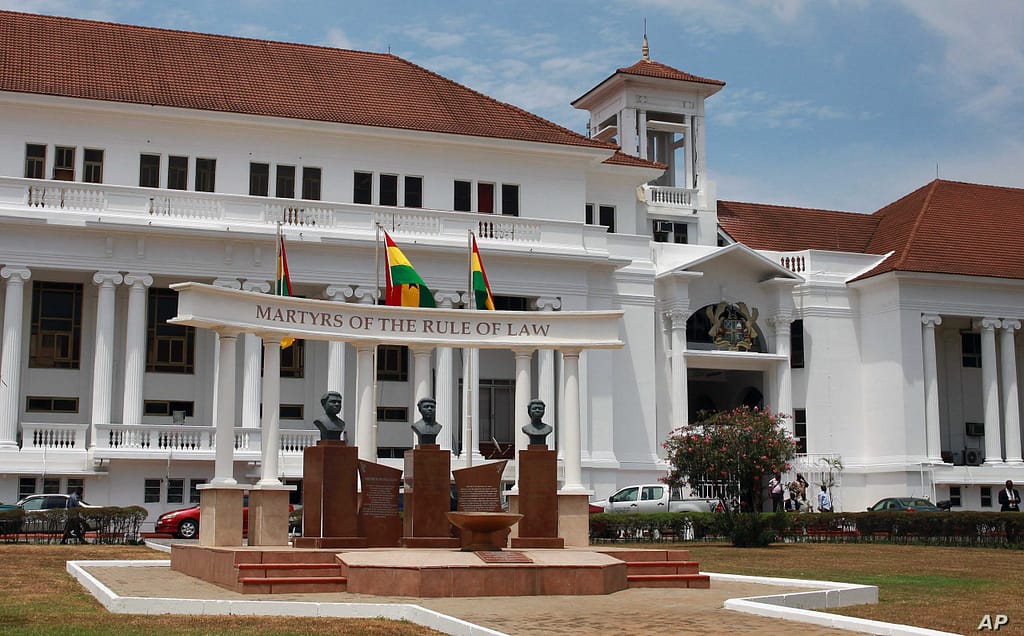1. Due Process & Notice Must Precede Contempt Arrests
The Supreme Court’s decision emphasizes that an arrest for contempt cannot proceed in the absence of:
- Proper notice to the accused, and
- An opportunity to be heard.
Similar reasoning was applied in Republic v High Court Accra; Ex Parte Laryea Mensah [1998/99 SCGLR 360], where the Court ruled that contempt requires willful disobedience of a specific order, and that the contemnor must have known about the order before any punitive action was taken.
2. Contempt Must Be Intentional, With Clear Judicial Orders
In Republic v Sito I; Ex Parte Fordjour [2001–2002 SCGLR 322], the Supreme Court outlined the three core elements of contempt:
- A judgment or order requiring some act or abstention;
- The contemnor’s knowledge of what was required;
- A willful violation of that order.
Taylor’s case was affected because no identifiable court order was issued, and he was never served—meaning the elements of knowledge and willfulness were not met.
3. Contempt in Ghana: Common Law, Not Codified
The offence of contempt is a common law offence in Ghana and not codified in legislation. This distinction was highlighted in In re: Effiduase Stool Affairs (No. 2); Ex Parte Ameyaw II [1998–99 SCGLR 639 at 660], where Acquah JSC explained that contempt consists of any act or omission undermining court authority or obstructing justice.
4. Bench Warrants Require Proper Grounds
Issuing a bench warrant for contempt requires clear jurisdiction and fair process. In Republic v Bank of Ghana & Others; Ex Parte Duffour [2018 GHASC 37], the Court reaffirmed that contempt proceedings must satisfy the same elements—clear order, knowledge, and willful refusal—before issuing punitive measures such as bench warrants.
✅ How Taylor’s Case Lines Up with These Principles
- No notice, no service: Taylor was never officially served or heard before the warrant was issued.
- No clear judicial directive: No court order had been communicated or complied with.
- Absence of willful wrongdoing: Without prior notice or opportunity to respond, courts could not establish intentional contempt.
- Violation of procedural rights: The warrant breached fundamental due process protections under Ghana’s Constitution and judicial practice.
🧾 Summary Table
| Principle | Legal Authority | Application to Taylor Case |
|---|---|---|
| Notice & hearing required | Laryea Mensah case | Taylor was never served or heard |
| Contempt requires order, knowledge, willfulness | Fordjour case | No known order or willful refusal |
| Contempt is common law offence | Ameyaw II case | Taylor had right to natural justice |
| Bench warrant requires due process | Duffour case | Procedural safeguards were ignored |
🎯 Legal Implications
The Supreme Court’s decision is a robust affirmation of constitutional protections in contempt proceedings. It underscores that:
- Individuals—regardless of location—must be given proper notice,
- Due process rights are fundamental, even in quasi-criminal contempt cases,
- Courts cannot bypass fairness by issuing warrants in absence of notice or personal jurisdiction.
This case strengthens Ghana’s commitment to fair judicial process and protects media and public figures from arbitrary contempt sanctions.
DISCLAIMER: The Views, Comments, Opinions, Contributions and Statements made by Readers and Contributors on this platform do not necessarily represent the views or policy of ahantawest.com

